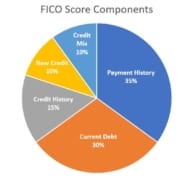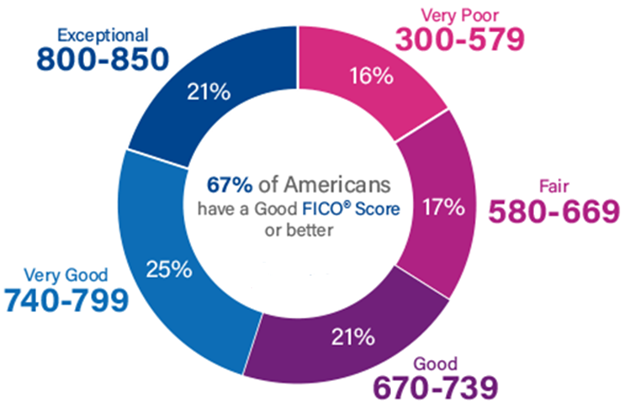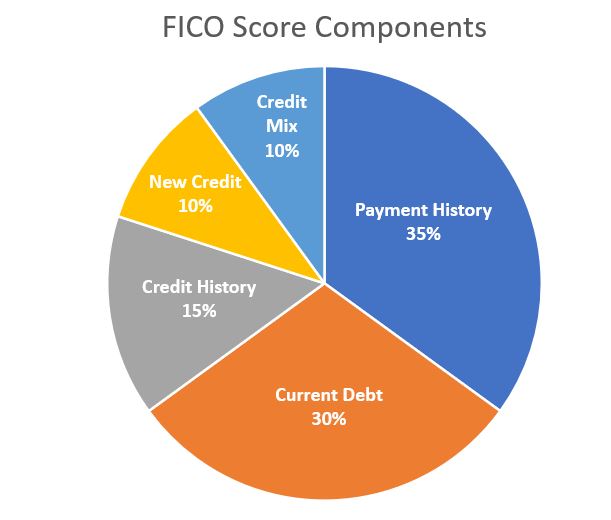Benefits of Choosing a MSHDA Mortgage to Buy a Home in Michigan
If you’re thinking about buying a home, you might have heard of a MSHDA loan. The Michigan State Housing Development Authority (MSHDA) offers a range of mortgage programs to make homeownership more accessible.
MSHDA aims to ensure that all Michigan residents have access to safe, affordable, and quality housing, promoting stable communities and economic growth throughout the state. MSHDA loans encompass various programs to help potential buyers become owners, from down payment assistance to competitive interest rates.
Benefits of MSHDA Loan
MSHDA loans offer a range of benefits that make homeownership more attainable and affordable for many Michigan residents. Let’s break down some of the top advantages.
1. Lower Down Payment Requirements
One of the biggest hurdles to homeownership is the down payment. Traditional mortgages often require a hefty sum upfront, which can be a deal-breaker for many first-time homebuyers. With MSHDA loans, you can secure a home with a down payment as low as 3%. This significantly lowers the entry barrier, making homeownership accessible to those who might otherwise be sidelined by high initial costs. A lower down payment requirement can help you save your hard-earned money for other expenses, such as moving costs, home improvements, and emergency savings.
2. Down Payment Assistance Options
In addition to lower down payment requirements, MSHDA provides financial assistance to cover initial costs that you can use toward your down payment and closing costs. The MSHDA’s down payment assistance program, the MI 10K DPA Loan, provides up to $10,000 in assistance statewide. The DPA 10K program helps to alleviate the financial burden of upfront costs, reducing the amount of money homebuyers need to save and allowing them to enter the housing market sooner.
3. Competitive Interest Rates
Interest rates can make or break a mortgage deal. MSHDA loans offer below-market interest rates, which means you’ll end up paying less over the life of your loan compared to conventional mortgages. A lower interest rate can save you thousands of dollars, freeing up your budget for other necessities or investments.
4. Statewide Availability
Previously, MSHDA’s down payment assistance programs were limited to specific areas. However, since 2023, MSHDA loans are now available statewide. This expansion ensures that everyone in Michigan can take advantage of these programs. You no longer need to live in a designated area to qualify, giving you more options for where to settle down and build your life. Whether you enjoy the vibrant energy of a city or the peacefulness of a rural community, MSHDA loans offer the flexibility to choose a location that best fits your lifestyle and needs.
5. Discounted Mortgage Insurance
MSHDA offers exclusive benefits, including discounted mortgage insurance. Private mortgage insurance, PMI, protects the lender in case you can’t make your payments, and getting a discount on it means lower monthly costs for you. It’s another way MSHDA makes homeownership more affordable, reducing your overall financial burden.
6. Affordable Loan Options
MSHDA loans can be paired with various MI Home Loan first mortgage programs to find the mortgage that best fits your unique circumstances and goals. These include:
- FHA loans: For those with lower credit scores. FHA loans are backed by the Federal Housing Administration and offer more lenient credit requirements, making them an excellent option for first-time homebuyers or those with less-than-perfect credit.
- Conventional loans: Suitable for those who meet specific criteria. Conventional loans often have lower interest rates and fewer fees, making them a cost-effective option for qualified borrowers.
- VA loans: Great for veterans and active military. VA loans, backed by the Department of Veterans Affairs, offer benefits such as no down payment and no mortgage insurance, making homeownership more accessible for those who have served our country.
- RD/USDA loans: For rural homebuyers. USDA loans, backed by the U.S. Department of Agriculture, offer low interest rates and no down payment for qualified rural and suburban homebuyers.
7. No Prepayment Penalties
You can pay off your loan early without any extra fees. This feature provides flexibility if your financial situation improves, allowing you to save on interest by paying down your principal faster.
How to Apply for a MSHDA Loan
If you meet the requirements to qualify for a MSHDA loan, applying is the next step. The first thing you need to do is:
- Find a Participating Lender: Not all lenders offer MSHDA loan, so you need to find one that does. Michigan Mortgage is a MSHDA-approved lender and can help you navigate the process.
- Pre-Approval: Get pre-approved to understand your budget.
- Visit the Mortgage 1 website: We offer a simple online application form to get you started.
- Fill out the application: Provide necessary details like your income, employment status, and credit history.
- Submit the form: This process is quick, easy, and free.
- Submit Loan Application: Fill out the necessary forms and submit your application through your chosen lender.
- Complete Homebuyer Education: Homebuyer Education is required for a MSHDA MI Home Loan that includes a $10,000 MI 10K DPA Loan (Down Payment Assistance).
Apply for a MSHDA Mortgage With Michigan Mortgage Today!
Finding an MSHDA-approved lender is the initial step in qualifying for a MSHDA loan. Michigan Mortgage has been Michigan’s leading MSHDA lender for 11 years, offering exceptional service and support to our clients.
With Michigan Mortgage, you can trust that you are in capable hands as you move closer to realizing your homeownership dream!







 Buying a home is a major investment and it’s important to take your time and make an informed decision. Don’t feel pressured to make an offer on a home without thoroughly researching the property and the area.
Buying a home is a major investment and it’s important to take your time and make an informed decision. Don’t feel pressured to make an offer on a home without thoroughly researching the property and the area.

 More than 56,000 Michiganders are estimated to be diagnosed with cancer per year. A single diagnosis impacts every aspect of someone’s life, financially and emotionally, effecting not just the patient but everyone around them.
More than 56,000 Michiganders are estimated to be diagnosed with cancer per year. A single diagnosis impacts every aspect of someone’s life, financially and emotionally, effecting not just the patient but everyone around them.


